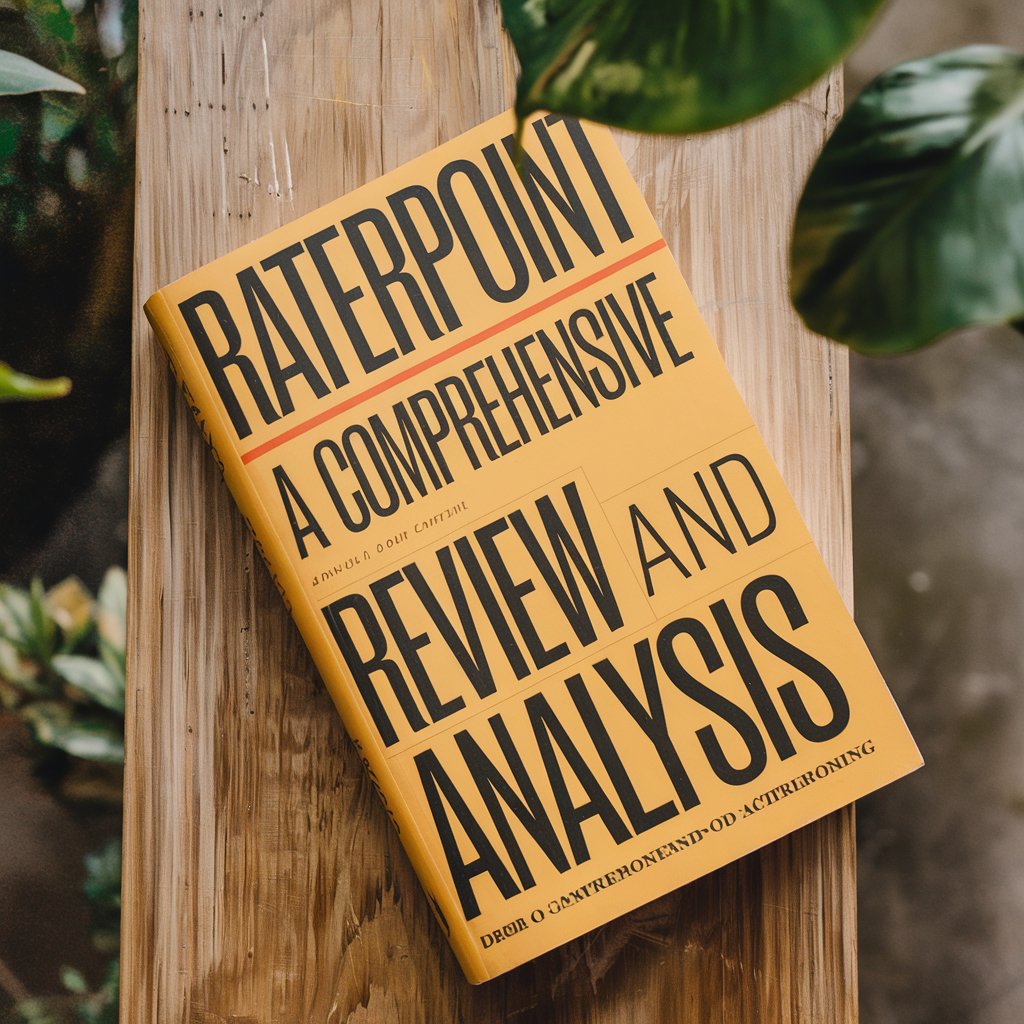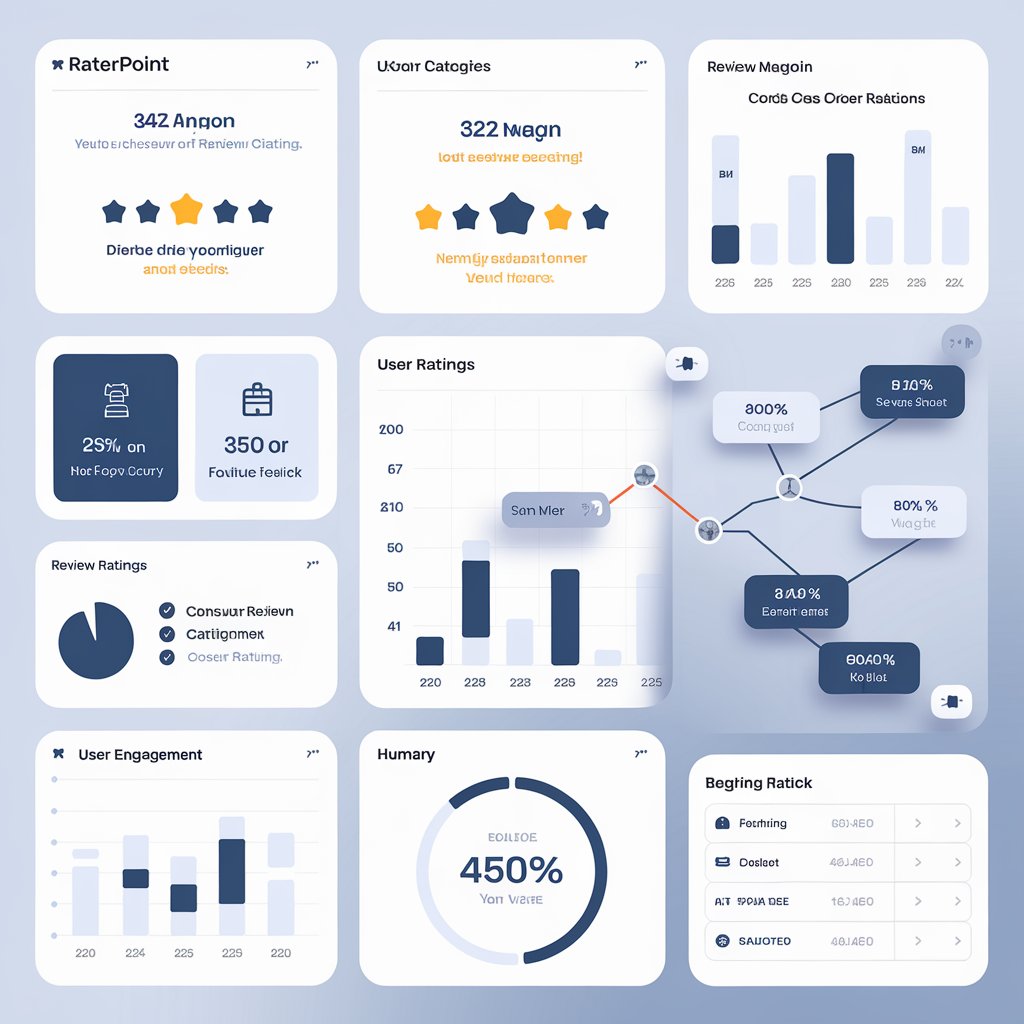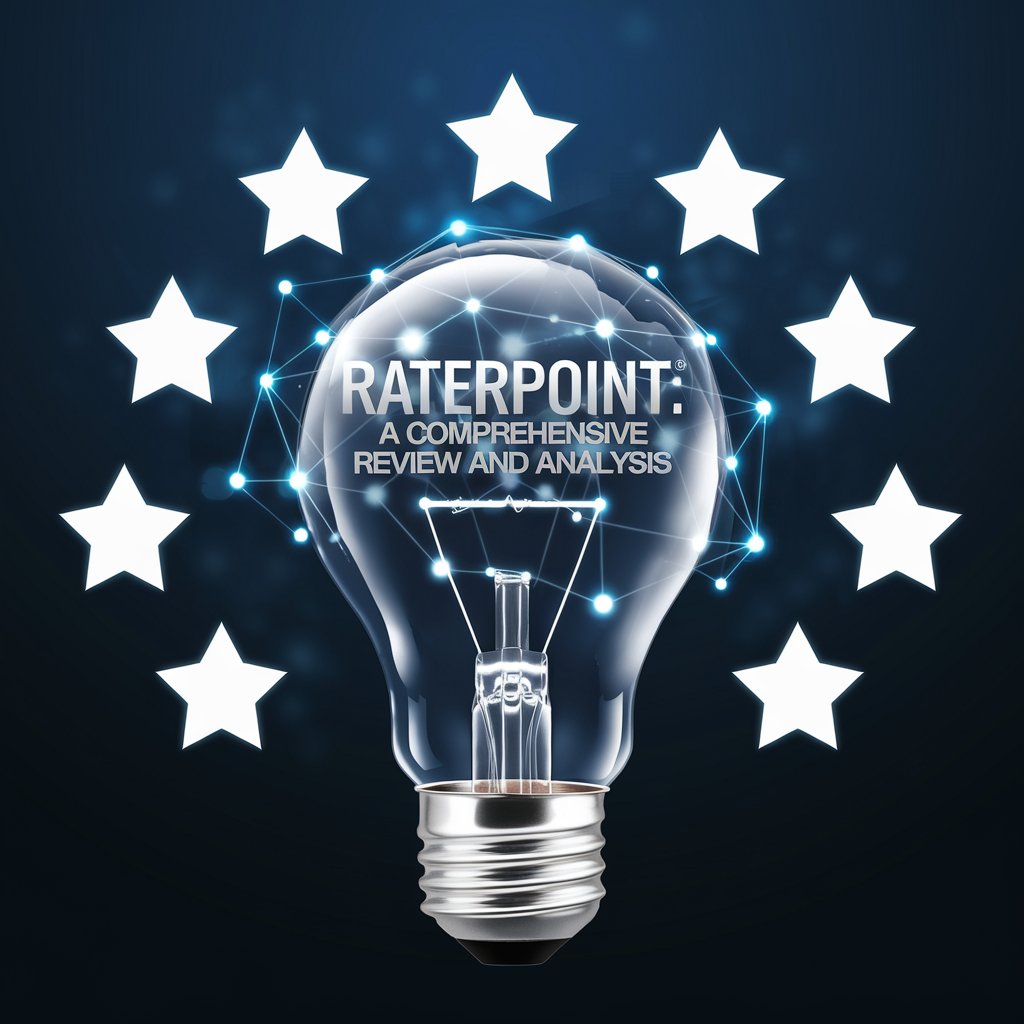Raterpoint has emerged as a versatile and intriguing concept, capturing the interest of individuals and businesses alike. Its potential applications span a variety of domains, making it a term worth exploring in detail. This article delves into the essence of Raterpoint, its applications, benefits, and relevance in today’s fast-paced world.
Table of Contents
What is Raterpoint?
Raterpoint is a system, platform, or methodology often associated with evaluation, ratings, and performance measurement. While the specifics can vary depending on the context, at its core, Raterpoint provides a structured way to assess and analyze various metrics. Whether used in education, business, or personal development, it offers a standardized approach to achieving clarity and accountability.

Applications of Raterpoint
Raterpoint is not confined to a single field; its adaptability makes it valuable across multiple industries. Below are some of the key areas where it is making an impact:
1. Education
In the educational sector, Raterpoint serves as a tool for grading and evaluating students’ performance. It simplifies the process of assessment, ensuring that each student is judged fairly and comprehensively. Educators can utilize this system to track progress, identify areas of improvement, and implement targeted strategies for better outcomes.
2. Corporate Performance Management
Businesses use Raterpoint to evaluate employee performance, project efficiency, and overall organizational health. By offering a clear and unbiased evaluation framework, it helps managers make informed decisions about promotions, training, and resource allocation.
3. Consumer Feedback Systems
In the realm of customer service and product development, Raterpoint acts as a bridge between businesses and their clients. By gathering and analyzing customer feedback, companies can improve their offerings, ensuring they meet the expectations and needs of their target audience.
4. Personal Development
Individuals can adopt Raterpoint for self-assessment. By setting benchmarks and regularly reviewing their performance, people can achieve personal goals more efficiently. It encourages a habit of introspection and continuous improvement.
Benefits of Using Raterpoint
The widespread use of Raterpoint is attributed to its numerous advantages. Here are the primary benefits:
1. Objectivity
Raterpoint ensures evaluations are based on defined criteria, eliminating biases and personal opinions. This objectivity builds trust and credibility in the assessment process.
2. Clarity
With its structured approach, Raterpoint provides clear insights into performance metrics. Users can easily identify strengths, weaknesses, and areas requiring attention.
3. Scalability
Whether applied to an individual, a small team, or a large organization, Raterpoint adapts seamlessly. Its flexible framework makes it suitable for both micro and macro-level evaluations.
4. Improved Decision-Making
By offering comprehensive data and analysis, Raterpoint supports better decision-making. Stakeholders can rely on its findings to strategize and plan effectively.

How Eco-Friendly is Raterpoint?
In the age of sustainability, the eco-friendliness of any system is a key consideration. Raterpoint aligns with eco-conscious practices in the following ways:
- Digital Framework: Most implementations of Raterpoint are digital, reducing the need for paper-based evaluations.
- Energy Efficiency: With advancements in technology, Raterpoint platforms are designed to operate efficiently, minimizing energy consumption.
- Sustainable Insights: By promoting optimized processes, Raterpoint indirectly supports environmental sustainability through reduced waste and resource allocation.
Is Raterpoint the Future of Evaluation?
Given its versatility and efficiency, Raterpoint is poised to become a cornerstone of modern evaluation systems. Here’s why:
1. Technological Integration
With the rise of AI and machine learning, Raterpoint systems are evolving. These technologies enhance its capabilities, allowing for real-time analysis and predictive insights.
2. Customization
Raterpoint offers extensive customization options, making it adaptable to specific needs. Whether for a niche market or a broad application, it molds itself to fit the requirements.
3. Global Adoption
As businesses and institutions prioritize standardization, the adoption of Raterpoint is increasing worldwide. Its universal appeal stems from its simplicity and effectiveness.
Challenges Associated with Raterpoint
Despite its many advantages, Raterpoint is not without challenges. Awareness of these issues can lead to better implementation and usage.
1. Over-Reliance on Data
While Raterpoint provides valuable data, over-reliance on metrics can overlook qualitative aspects. Striking a balance is essential.
2. Implementation Costs
For large organizations, setting up a robust Raterpoint system may involve significant initial costs. However, the long-term benefits often outweigh these expenses.
3. Learning Curve
Adopting Raterpoint requires users to familiarize themselves with its functionalities. Adequate training and support are crucial for seamless integration.

How to Maximize Raterpoint’s Potential
To harness the full potential of Raterpoint, follow these best practices:
1. Define Clear Objectives
Start with a clear understanding of what you want to achieve. Well-defined objectives ensure the Raterpoint system aligns with your goals.
2. Regular Updates
Continuously update the criteria and benchmarks to reflect changing needs and circumstances.
3. Engage Stakeholders
Involve all relevant stakeholders in the process. Collaboration enhances the effectiveness of Raterpoint evaluations.
4. Review and Revise
Periodically review the system’s performance. Use feedback to refine and improve the framework.
Also read: Findom Websites: Exploring the Intricacies of Financial Domination
Final Thoughts
Raterpoint stands out as a revolutionary to evaluation and performance measurement. Its adaptability, objectivity, and scalability make it a valuable asset in various domains. By embracing Raterpoint, individuals and organizations can achieve greater clarity, efficiency, and success.
As the world continues to value precision and accountability, Raterpoint is set to play an increasingly significant role. Its potential is immense, making it a tool worth exploring and implementing in today’s dynamic environment.











